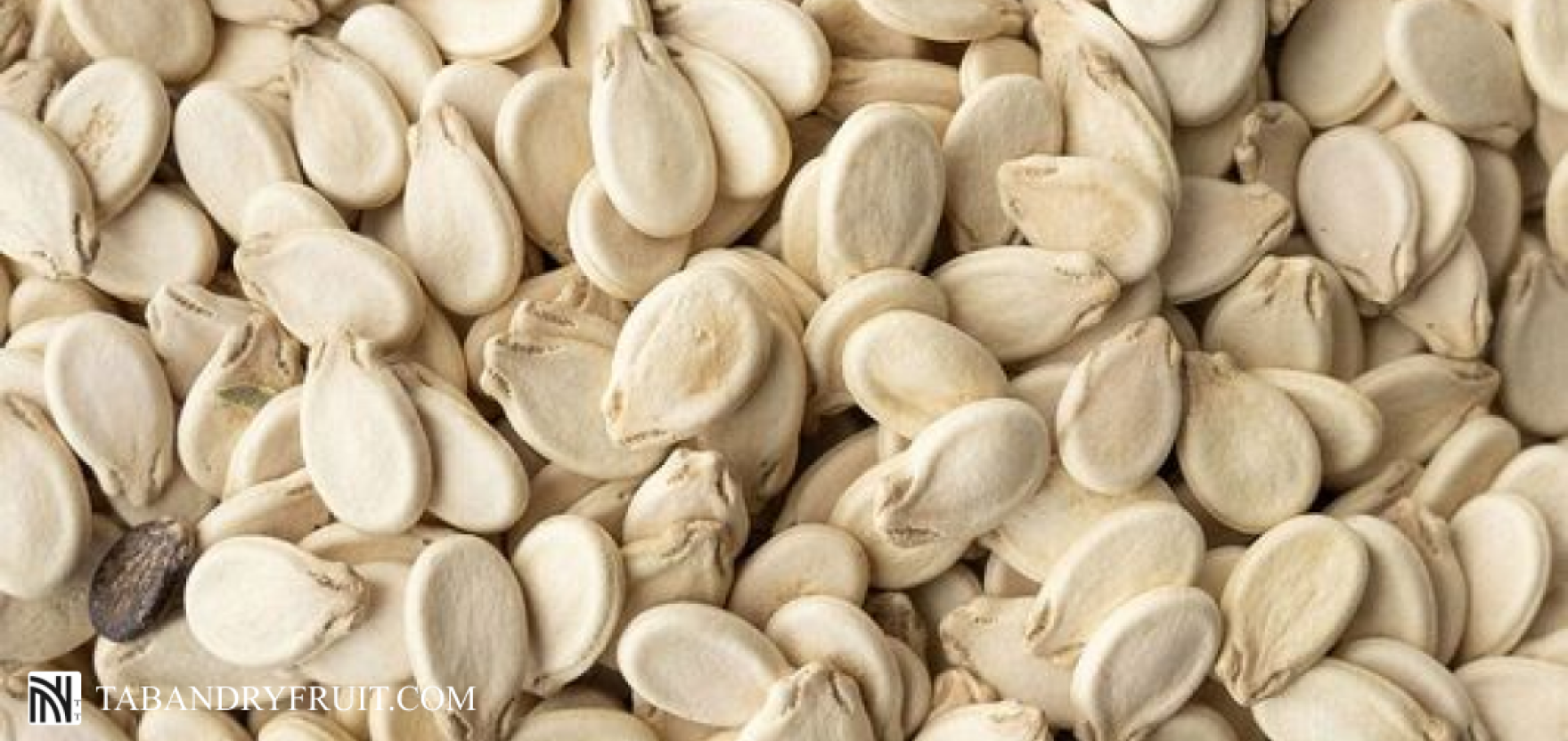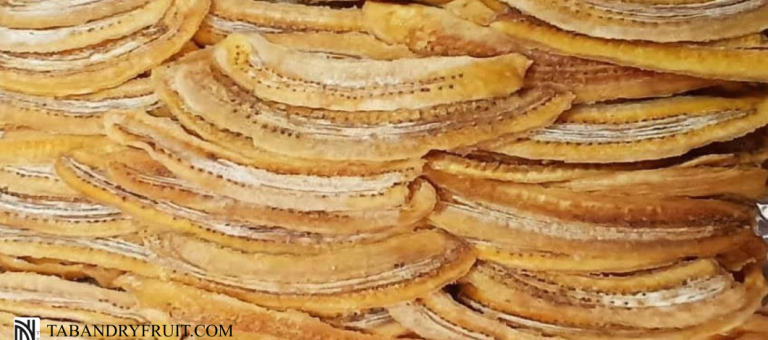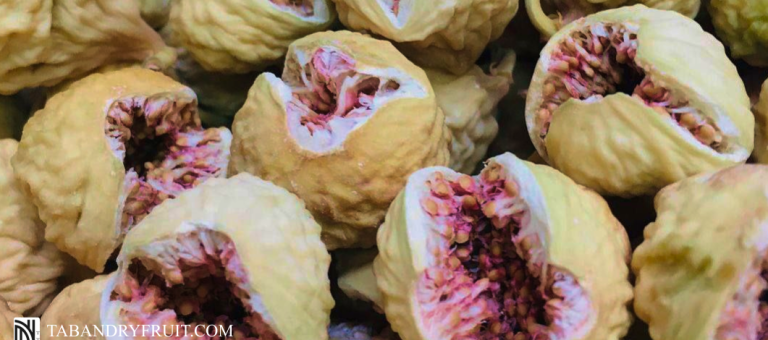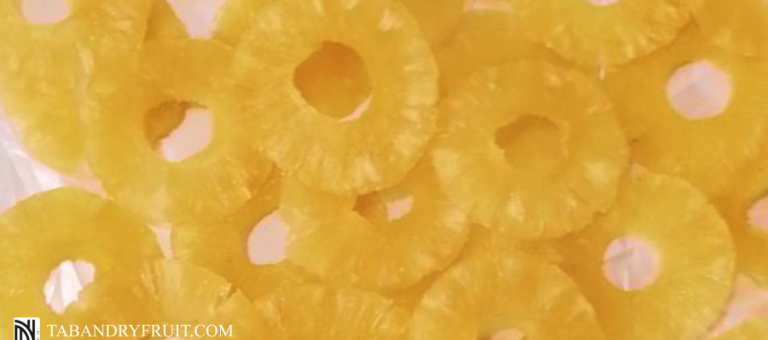Watermelon seeds are the small, oval-shaped seeds found inside watermelon fruit. Here are some key points about watermelon seeds:
Nutritional Content:
Watermelon seeds are rich in nutrients, including protein, healthy fats, vitamins, and minerals. They contain essential nutrients such as magnesium, iron, potassium, and zinc.
Edible:
Watermelon seeds are edible and can be consumed roasted or raw. Roasted watermelon seeds are a popular snack in many cultures, often seasoned with salt or spices for added flavor.
Texture:
When roasted, watermelon seeds have a crunchy texture similar to nuts. They can be eaten whole or shelled, depending on personal preference.
Flavor:
Watermelon seeds have a mild, nutty flavor that becomes more pronounced when roasted. The roasting process enhances their natural flavor and makes them more enjoyable to eat as a snack.
Health Benefits:
Watermelon seeds are a good source of protein and healthy fats, making them a nutritious snack option. They also contain antioxidants, which help protect the body from oxidative stress and inflammation.
Culinary Uses:
In addition to being eaten as a snack, watermelon seeds can be used as a topping for salads, yogurt, and desserts. They can also be ground into a fine powder and used as a nutritious addition to baked goods, smoothies, and other recipes.
Seedless Varieties:
Some modern watermelon varieties are seedless or contain fewer seeds, making them easier to eat and enjoy without the need for seed removal.
Overall, watermelon seeds are a nutritious and versatile ingredient that can be enjoyed in various ways. Whether eaten as a snack or used in cooking and baking, they provide a tasty and nutritious addition to your diet.




